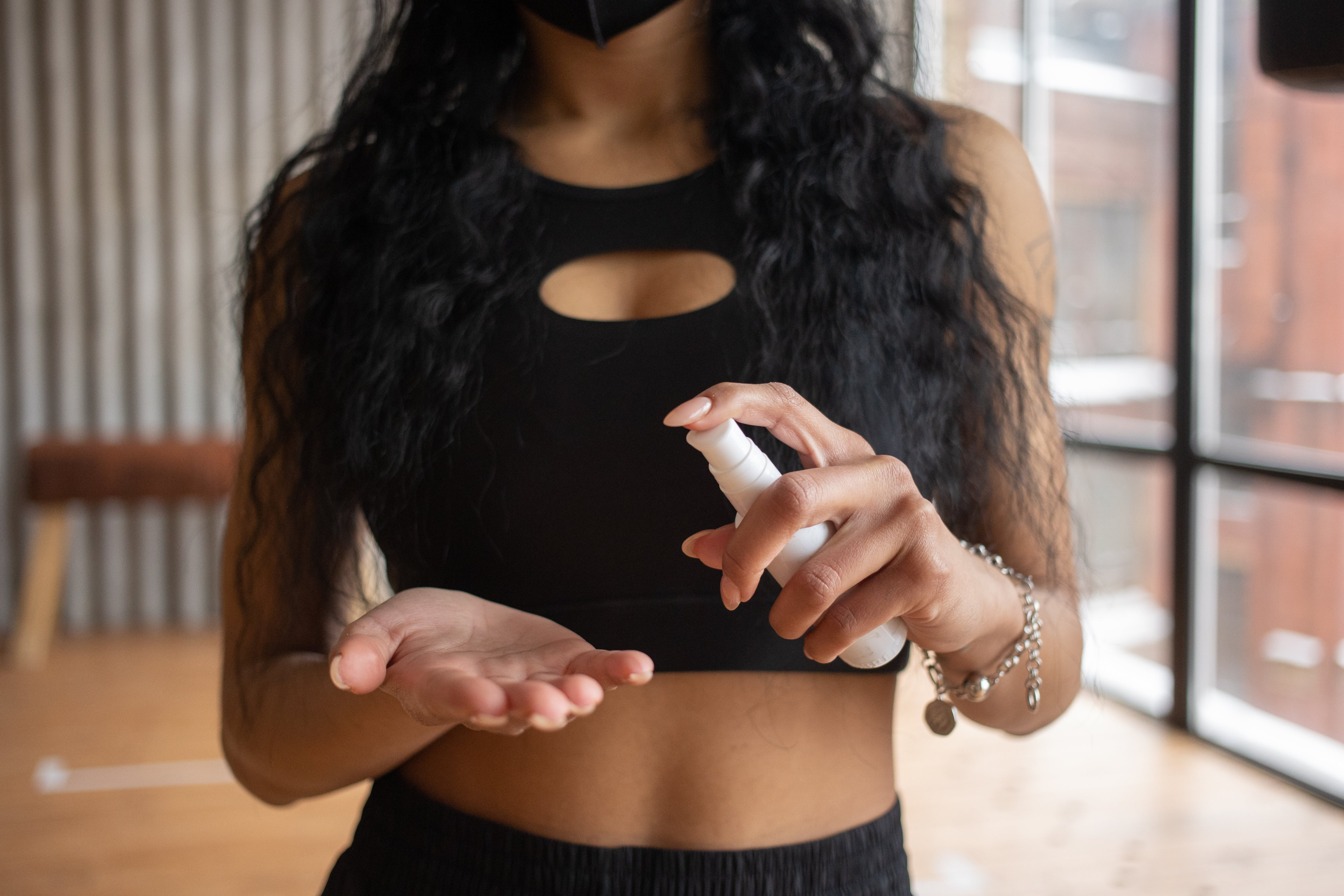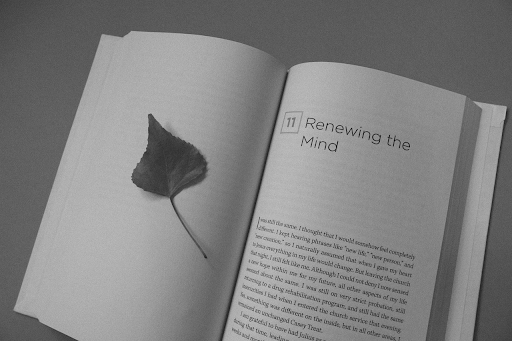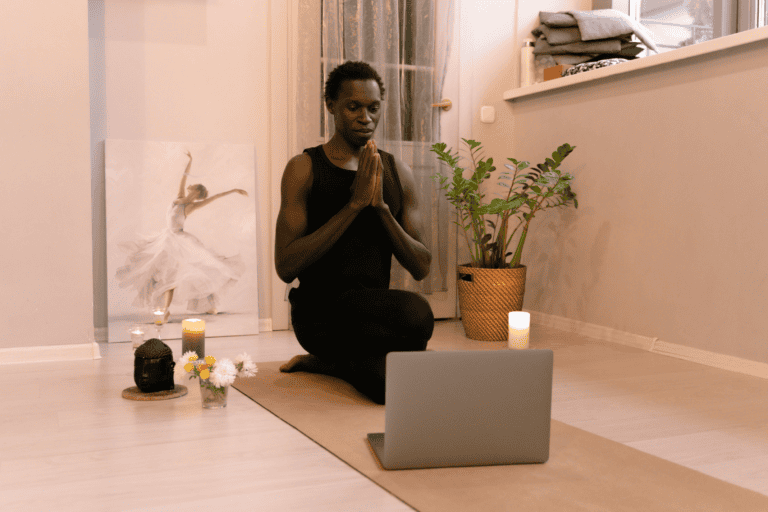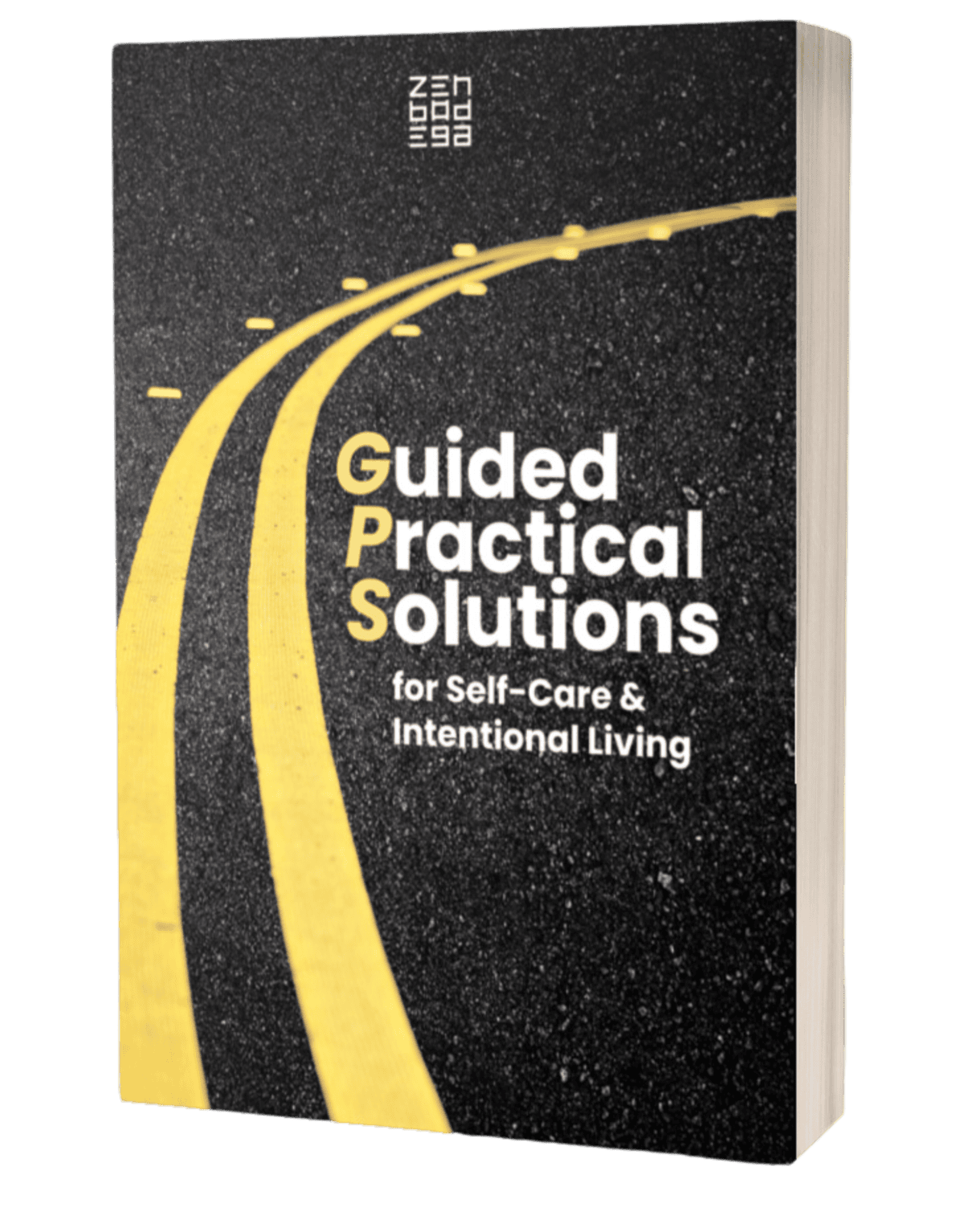Busting 5 Self-Care Myths: Live Intentionally and Care for Yourself!
In the pursuit of a fulfilling life, it’s crucial to unmask the common misconceptions surrounding self-care. Let’s delve into the myths that might be hindering your journey to a healthier, more intentional lifestyle.
Myth #1: Self-Care Requires a Big-Time Commitment

The common misconception that self-care necessitates a vast amount of time can often dissuade busy parents from incorporating it into their routines. However, the reality is that effective self-care activities can be both simple and manageable.
Some of these practices may include taking a few minutes each day to meditate, engage in a hobby, or simply unwind with a good book. Even something as simple as a brief walk around the block can have a significant impact on your well-being.
So, remember, no step is too small when it comes to enhancing your health and happiness. Self-care does require resources, but it doesn’t have to be a drain on your time. Small steps create big impacts on your well-being, leading to a more balanced and purposeful family routine.
Myth #2: Self-Care is Selfish

Let’s take a moment to address another common misconception among many women and parents in our society: the idea that self-care is selfish. This couldn’t be further from the truth. As a friend might tell you, self-care is not only necessary but it’s also essential to your well-being and ability to function successfully in your various roles. Just like how social workers stress the importance of understanding and attending to one’s own needs in social work.
In effect, it’s just like when we’re instructed on an airplane to put on our own oxygen mask before helping others with theirs. If we’re not taking care of ourselves, how can we effectively care for those around us? When we are in a healthy mental, emotional, and physical state, we are better able to support our friends, children, and families.
So, women, remember – making time for self-care is not selfish. It’s a part of being the best mother, friend, and human you can be. And it is highly valued in the realm of social work. Don’t buy into the myth. Self-care is vital, not selfish.
Myth #3: Self-Care is Expensive

In a world that often glorifies expensive spa retreats and luxury wellness products, there’s a common misconception that self-care is a privilege reserved for those with deep pockets. However, let’s debunk this myth and explore the reality that self-care is accessible to everyone, regardless of their budget.
Firstly, it’s crucial to understand that self-care is not synonymous with lavish spending. While a weekend getaway or a spa day can be delightful treats, true self-care involves simple, everyday practices that prioritize your well-being.
Taking a stroll in the park, savoring a homemade meal, or enjoying a good book are all examples of affordable and effective self-care.
Contrary to the belief that self-care requires expensive products, many affordable alternatives can contribute to a fulfilling routine.
Basic skincare, using ingredients found in your kitchen, can be just as beneficial as high-end beauty products. Embracing the simplicity of a warm bath or practicing mindfulness through meditation are low-cost activities that significantly enhance your overall sense of well-being.
Moreover, fostering social connections is a powerful form of self-care that doesn’t demand a hefty financial investment. Spending quality time with loved ones, whether in person or virtually, provides a sense of belonging and support that money can’t buy.
Budget Friendly Self Care Options

In essence, the notion that self-care is an expensive indulgence is a myth. By embracing affordable, everyday practices and recognizing that true self-care goes beyond material extravagance, everyone can prioritize their well-being without straining their wallets. So, let’s debunk the myth and celebrate the accessibility of self-care for all.
Discovering cost-effective ways to prioritize your well-being doesn’t have to be a challenge. Here are some budget-friendly self-care options that won’t break the bank:
- Nature Retreat at Home: Take a break from the hustle and bustle by spending time in nature without leaving your home. A simple walk in a nearby park, backyard gardening, or just basking in the sunshine can do wonders for your mood and overall well-being.
- DIY Spa Day: Treat yourself to a spa experience without the spa price tag. Create a calming atmosphere at home, light some candles, and indulge in a DIY facial or a relaxing bath. You can use everyday kitchen ingredients like honey, yogurt, or oats for a nourishing face mask.
- Mindful Moments: Practice mindfulness without spending a dime. Set aside a few minutes each day for deep breathing exercises or meditation. Apps and online resources offer free guided sessions, making it easy to incorporate mindfulness into your routine.
- Reading Retreat: Escape into the world of books without spending a penny. Visit your local library or explore free e-books online. Reading not only provides a mental break but also allows you to explore new worlds and ideas.
- Affordable Fitness: Stay active without the need for an expensive gym membership. Take advantage of free workout videos available on platforms like YouTube. Whether it’s yoga, aerobics, or dance, there’s a variety of options to suit your preferences.
- Connect with Loved Ones: Nurturing social connections is a valuable form of self-care. Plan a low-cost outing with friends, organize a potluck dinner, or simply enjoy a video call to stay connected and uplift your spirits.
Myth #4: Self-Care is a One-Size-Fits-All Approach

Many people are under the common misconception that self-care is a one-size-fits-all approach. In reality, what works for one person may not work for another. It’s essential to identify what invigorates you and what drains you. Start by taking a deep breath and considering what truly brings you joy.
Perhaps you find solitude and silence refreshing, in which case, carving out some me time for meditation or a quiet walk might be your ideal form of self-care.
Alternatively, you may thrive on social interaction, so spending time with close friends could be a more suitable strategy for you.
Another common misconception is that self-care is a luxury or indulgence. In fact, it’s a necessary part of maintaining our overall well-being. It’s about striking a balance in life, and that includes taking a deep breath and giving ourselves permission to rest and rejuvenate.
Remember, it’s not selfish to prioritize your own needs and well-being. In fact, regular me time is crucial for our mental health.
By dispelling these misconceptions and recognizing the value of self-care, we can create a more mindful and purposeful family routine. So, take a deep breath, enjoy your me time, and remember that self-care is not a one-size-fits-all proposition.
Myth #5: Self-Care is Only Physical

In the realm of self-improvement and wellbeing, there are many myths about self-care that persist. One common misconception is that self-care is only associated with physical health.
This belief is one of the common myths that can be misleading. Self-care, in reality, spans much broader aspects of our lives, including emotional, psychological, and even spiritual health.
It involves activities and practices that we engage in on a regular basis to reduce stress and maintain and enhance our short and long-term health and wellbeing. So, next time you think of self-care, remember it’s not just about physical health, and it’s time we debunk these myths about self-care.
Living Intentionally Through Self-Care

Living intentionally means making choices that align with your personal values and life goals. One crucial aspect of intentional living is self-care. Self-care is not about indulging in temporary pleasures; it’s about taking steps to support your long-term health and well-being.
This includes activities that nourish the body, such as a balanced diet and regular exercise. It also involves activities that feed the mind and spirit, like reading a good book, spending time in nature, practicing mindfulness, or even redecorating your therapy room.
Your therapy room doesn’t just have to be a physical location; it could be anywhere where you feel calm, relaxed, and at peace. It could be a corner of your home filled with your favorite books and candles, a park where you love to go for a walk, or a coffee shop where you enjoy your favorite beverage.
Remember, living intentionally through self-care is a journey, not a destination. It involves making small, conscious choices every day that support health and happiness in the long-term.
Incorporating Self-Care into Daily Life
Incorporating self-care practices into your daily life is a crucial step towards improving your mental health and overall well-being. Initially, it may seem challenging to find time for these practices amid a bustling routine.
However, the secret to successful self-care lies in recognizing that it’s not about carving out large chunks of time, but about making small, consistent changes that can be seamlessly incorporated into your daily life.
Whether it’s taking a few minutes each day for mindfulness meditation, ensuring you have healthy meals, or setting aside time for a hobby you love, these small acts of self-care can have a profound impact on your mental health.
As you prioritize yourself and your needs, you’ll notice a significant boost in your mood, energy, and productivity, reminding you that self-care is far from indulgent—it’s essential.
Simple ways to weave self-care into your routine
Taking care of yourself is essential in today’s fast-paced world. Incorporating self-care into your daily routine doesn’t have to be complicated. Here are some easy and practical tips to make sure you’re prioritizing your well-being:
- Start with Morning Moments: Begin your day with a few quiet moments. Sip your favorite beverage, whether it’s coffee, tea, or a refreshing glass of water. This simple act can set a positive tone for the day.
- Move Your Body: Physical activity doesn’t have to mean intense workouts. A short walk, stretching, or a quick dance session can do wonders for your body and mind. Find an activity you enjoy to make it feel less like exercise and more like a fun break.
- Tech-Free Time: Dedicate a portion of your day to disconnect from screens. This could be during meals, before bedtime, or any time that works for you. It helps reduce stress and allows you to be present in the moment.
- Breathe Deeply: Take a few moments to practice deep breathing. Inhale slowly, hold for a moment, and then exhale. This simple technique can help calm your nervous system and promote a sense of relaxation.
- Indulge in Hobbies: Set aside time for activities you love. Whether it’s reading, gardening, painting, or playing an instrument, engaging in hobbies provides a break from routine and adds joy to your day.
Self-care Myths Debunked
In our exploration of self-care myths, we’ve debunked misconceptions and uncovered the genuine importance of prioritizing oneself.
Now, armed with this knowledge, it’s time to thrive. Give yourself the permission to prioritize, recharge, and thrive because a well-nurtured self is a powerful force that positively influences every aspect of your life.
As you embark on your journey of self-care, remember that it’s not just a trend; it’s a fundamental pillar of a fulfilling and balanced life.
FAQs
- What are some common self-care myths that may be hindering my well-being?
- There are several common self-care myths that can impact your well-being. One myth is that self-care is solely about pampering or indulgence. Contrary to this belief, true self-care involves various practices that contribute to your overall health, including physical, mental, and emotional well-being.
- Is self-care only for people with a lot of free time and resources?
- No, self-care is not exclusive to those with ample time and resources. Dispelling this myth, self-care can be tailored to fit into any schedule and budget. It’s about finding simple and sustainable practices that prioritize your well-being, such as setting aside moments for relaxation, engaging in hobbies, or practicing mindfulness, regardless of your available time or financial resources.
- How can I incorporate self-care into my busy schedule without feeling guilty?
- Incorporating self-care into a busy schedule is possible without guilt. It’s essential to recognize that self-care isn’t selfish; it’s necessary for overall well-being. Start with small, manageable steps, like taking short breaks to stretch, practicing deep breathing, or enjoying a hobby. By recognizing the importance of self-care, you can gradually build it into your routine without compromising your responsibilities.
- Why is it crucial to challenge societal expectations about self-care?
- Challenging societal expectations about self-care is crucial because it allows individuals to define self-care based on their needs rather than external pressures. By debunking myths, individuals can embrace self-care as a personal and intentional practice, leading to a healthier and more fulfilling life. This shift in perspective empowers individuals to prioritize their well-being authentically and without conforming to unrealistic standards.








